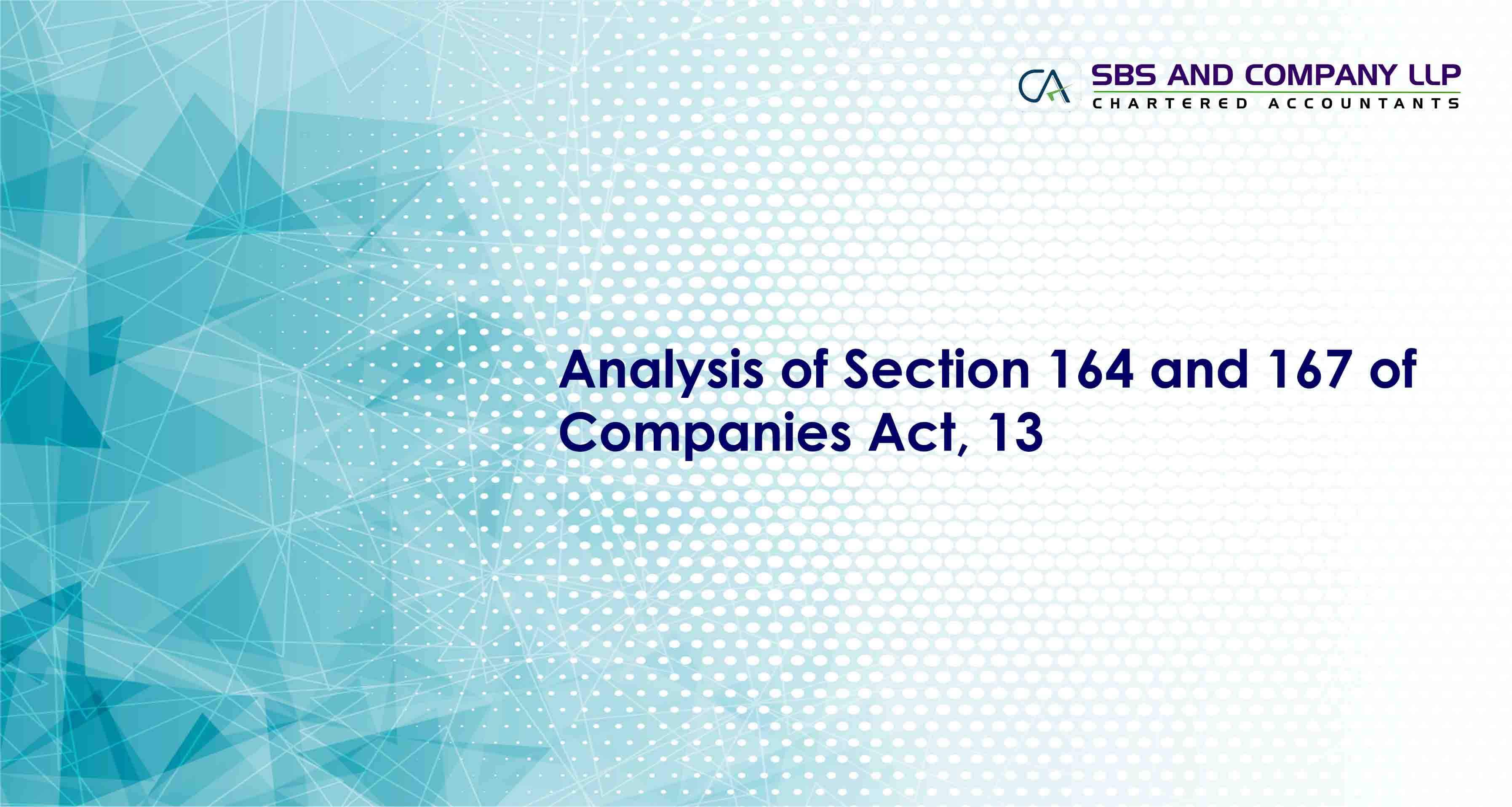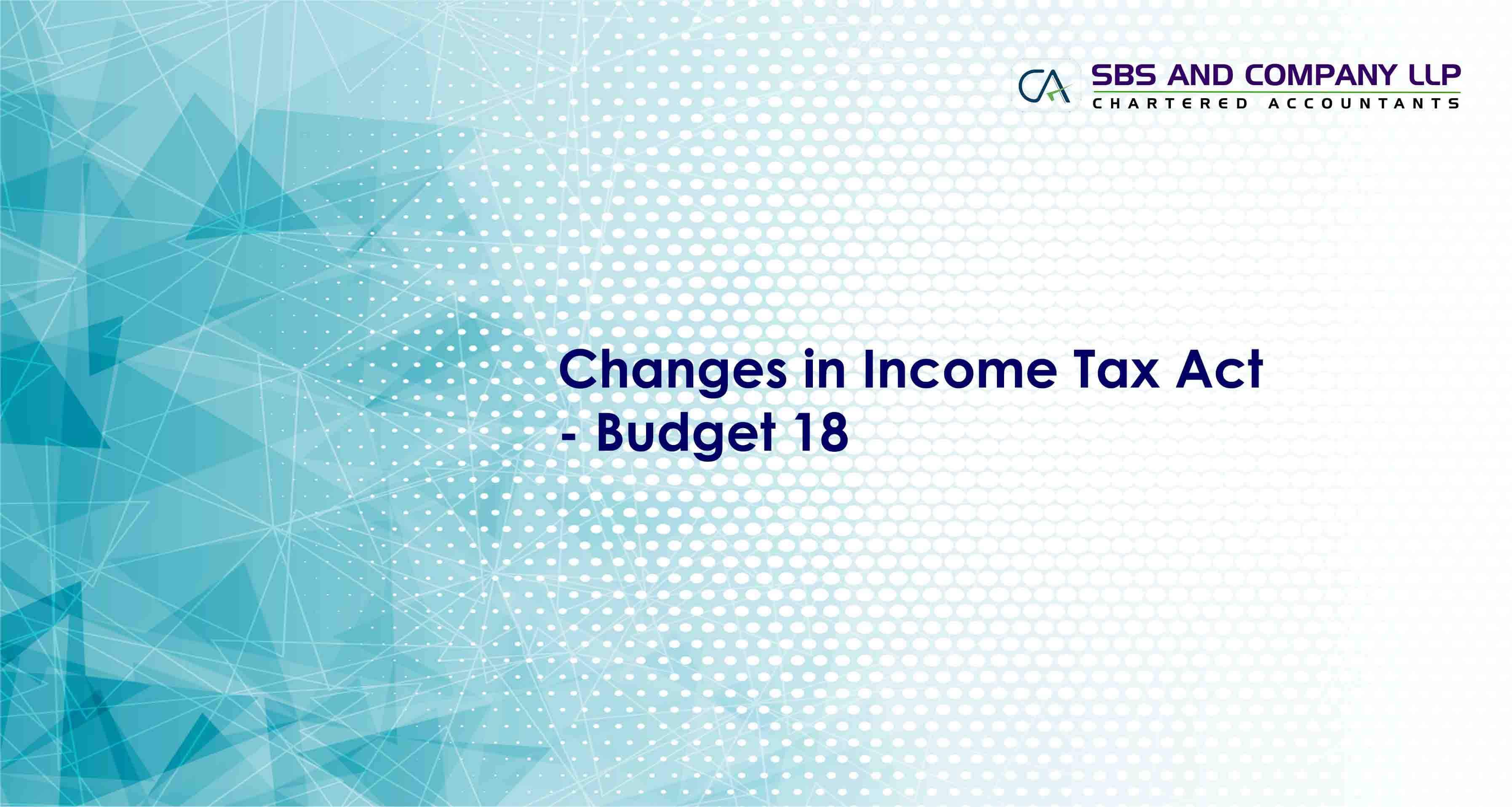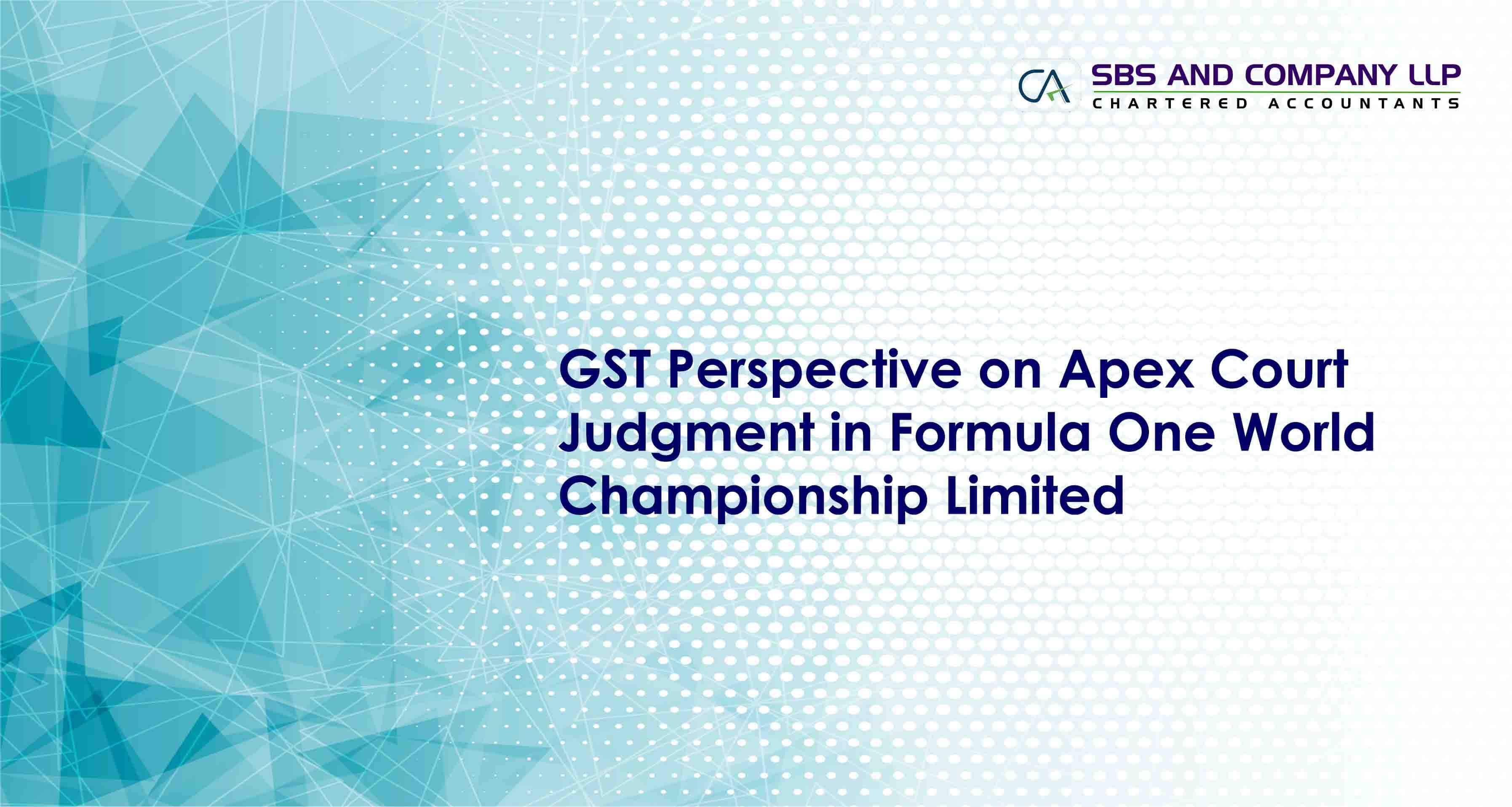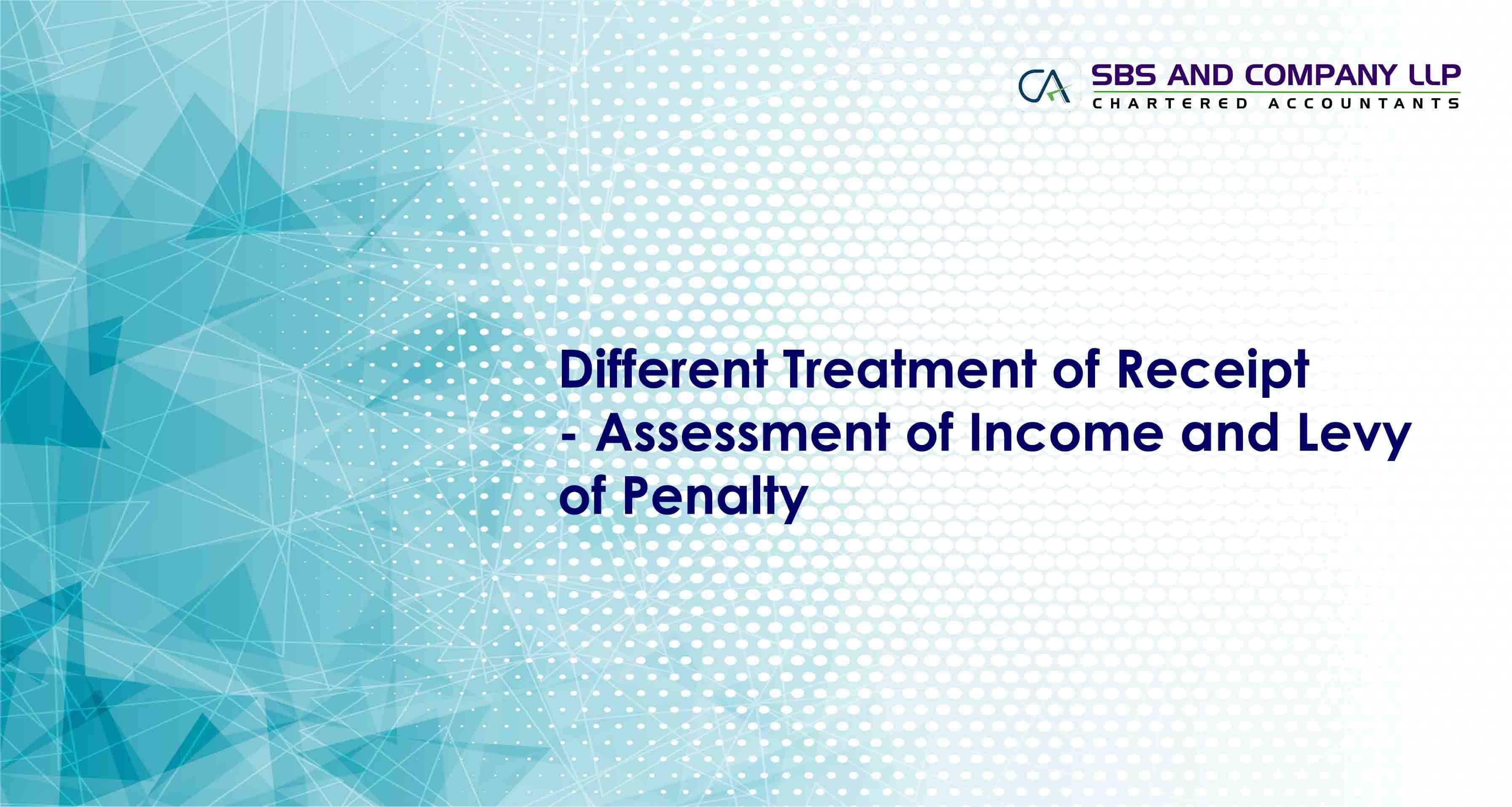In the month of September, 2017, the Ministry of Corporate Affairs, had released (03) Three separate lists containing the details of 3,09,614 Directors, associated with the Companies, which had not filed Annual Returns/Financial Statements with the respective ROCs/MCA Portal, for a continuous period of 03 (Three) years i.e., 2013 – 2014, 2014- 2015 & 2015 – 2016, thereby disqualifying them from acting as Directors pursuant to the provisions of Section 164 (2) r/w Section 167 (1) (a) of the Companies Act, 2013.
As a result of the disqualification, the DINs of the respective Directors were de-activated, thereby the Directors cannot use their DIN/DSC for filing of any returns with the MCA Portal.
With the above happening, the Companies in which such disqualified Directors, were associated, had also come to a stand still, as they cannot file any pending returns with the ROC/MCA Portal.
Read more: Analysis of Section 164 and 167 of Companies Act, 13








